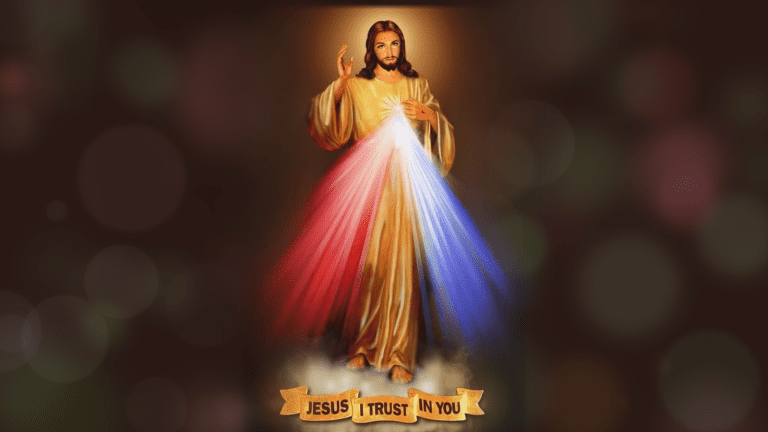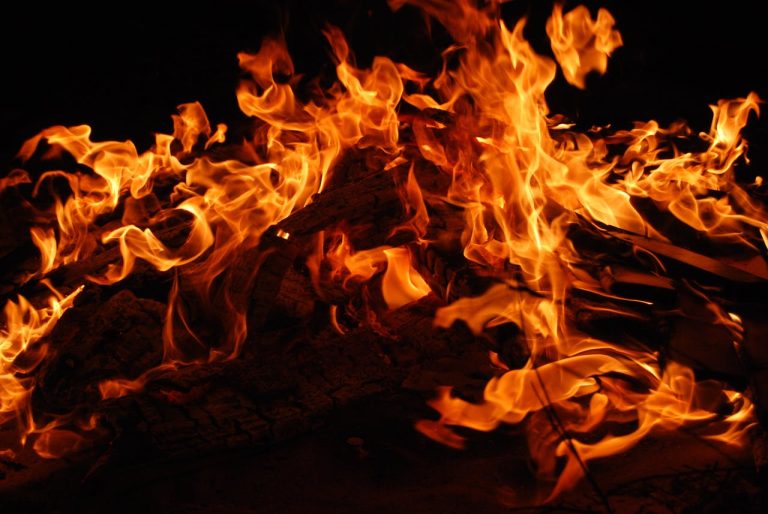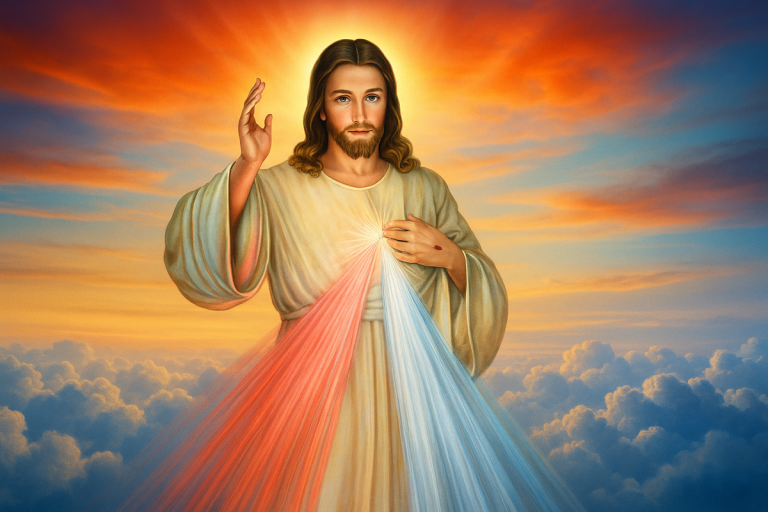A. M. Thiers’ four volume history of the French Revolution has been an incredible reading adventure. The books are old, the ink has bled and faded, in some places to near illegibility, but it’s utterly fascinating. He wrote it in 1838. My well-worn volumes, from the fourth printing, were published in 1843. A former Prime Minister of France, Thiers was a brilliant man, and his observations on every subject are as illuminating as one would expect from such a mind.
He painstakingly retraces the events from the first meeting of the Three Estates to the execution of Louis XVI and his wife and many relatives. Then, he follows the Reign of Terror, and the revolts against bloodthirsty massacres in the West, South, and Paris, itself. Then, he describes the various groups within the changing governments. Alternating chapters follow France’s armed forces and the difficulty of financing the various revolutionary governments while defending the borders against Prussian, English, Austrian, Spanish, and Italian forces.
Most Americans learn history from an Anglo/American point of view. Thiers’ view contrasts with what most of us believe. He bluntly says that Washington and Adams were aristocratic party leaders with a pro-British attitude. I’m nearing the end of the final volume. The Directory is collapsing from too many power-hungry Frenchmen wanting to run things, making it impossible for any of them to get anything done. Napoleon, who’s taken over Northern Italy all the way past Venice, is about to install his own government over France and its conquered territories.
Napoleon had an intellectual or spiritual experience at the battle of Lodi that forever separated him from several other brilliant, young, French generals. This life-changing experience removed all considerations of failure from his mind, a cleansing from fear that would have disastrous consequences for all Europe.
He had been stopped at a bridge past Lodi. The bridge was vitally important. For his mission to succeed, he absolutely had to get himself and his troops across it. He, and his soldiers, saw a battery of 30 cannon, loaded with grapeshot, facing them from the other side of the bridge. 10 more cannon were carefully positioned and aimed to provide flanking fire across the bridge. The 40 cannon were loaded to sweep the bridge with grapeshot. He looked closely at what seemed to be an impossible attack. While considering his alternatives, he had a “Eureka!” moment.
It suddenly burst upon him that if his troops raced fast enough across the bridge, they would have their bayonets among the cannons before they could be reloaded for another. He, along with another general, took the lead. French troops followed as their generals raced directly into the guns. There was a slight delay, when the first volley brought death and destruction to some of those in the charge, but top speed was quickly resumed. Those manning the battery were bayonetted before they could bring more withering fire to bear. Napoleon and the French troops were victorious in what, a few minutes before his inspiration, was seen to be certain defeat.
From that moment, Napoleon had no doubts about his ability to do whatever he wanted. As a result of such supreme self-confidence entering and taking over his mind, within a few years an entire generation of young, French men were crippled or killed on bloody battlefields that stretched from Russia to the Caribbean. The fact that he did not think he could fail did not mean that he couldn’t or wouldn’t.
1.2 million French citizens, mostly Catholic farmers in the Vendee, had been shot, drowned, and guillotined before Napoleon took command of France’s armed forces in Northern Italy. The millions more who would die in his wars affirm, especially to Catholic Fundamentalists, that the last prayer request made by Louis XIV, before the drums drowned out his voice, before the blade fell, “I pray that God will not take revenge on the people of France for spilling my blood.”, had not been granted.
The destruction of the Royal Family caused the carnage that Marat, Danton, Robespierre, and, finally, Napoleon left in their wakes. The haters of God and His order still do not recognize the connection between vanity’s ultimate sin and the widespread death that was visited upon the people of France.
Their spiritual descendants go on reviling God and good order, and, are as doomed.






